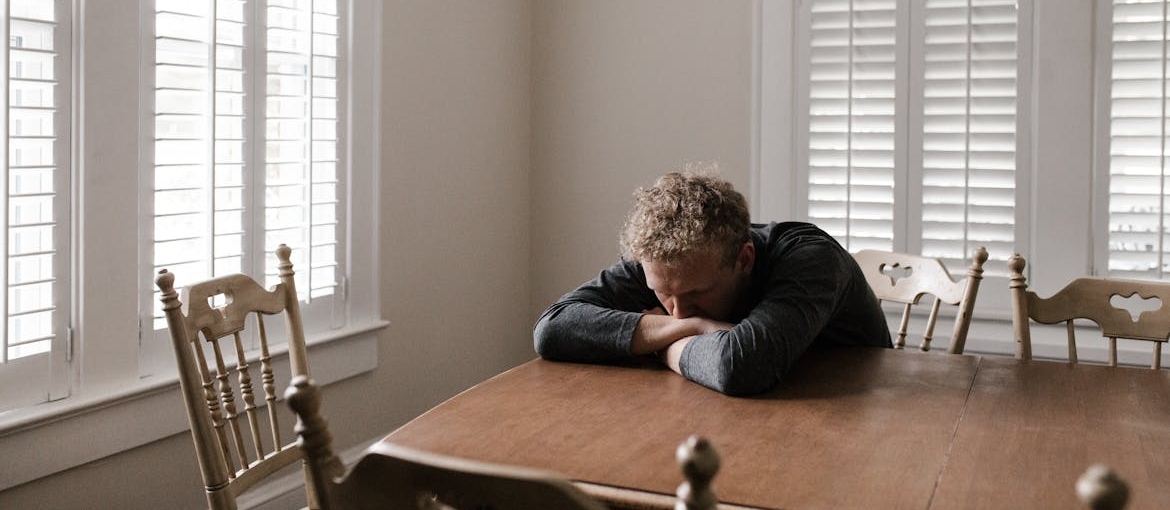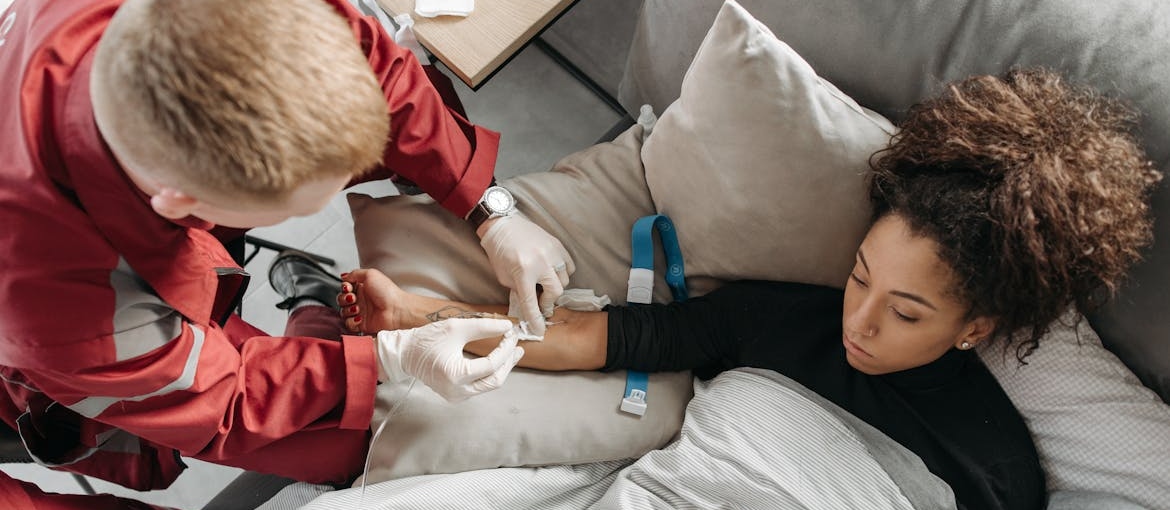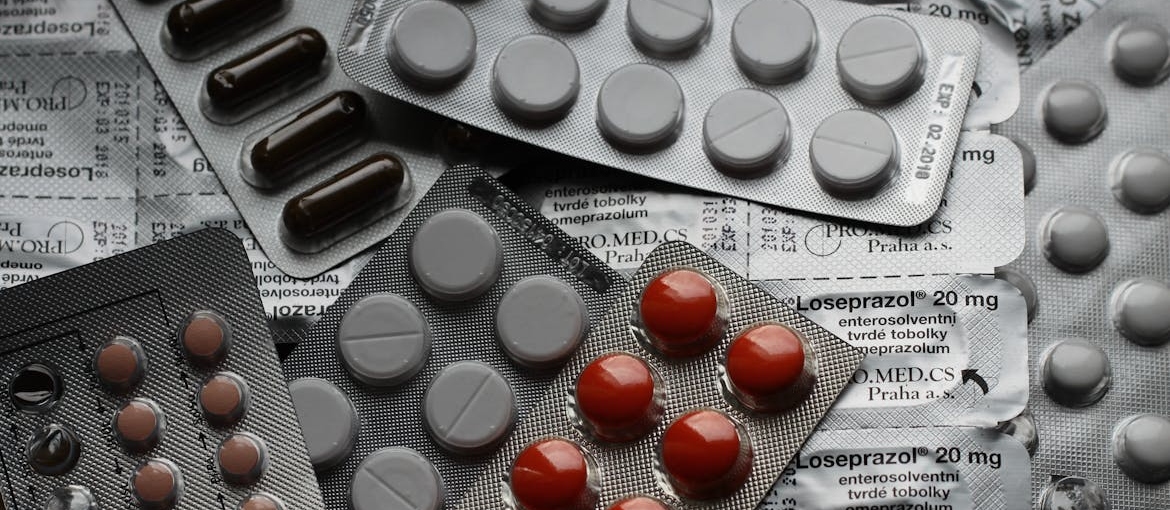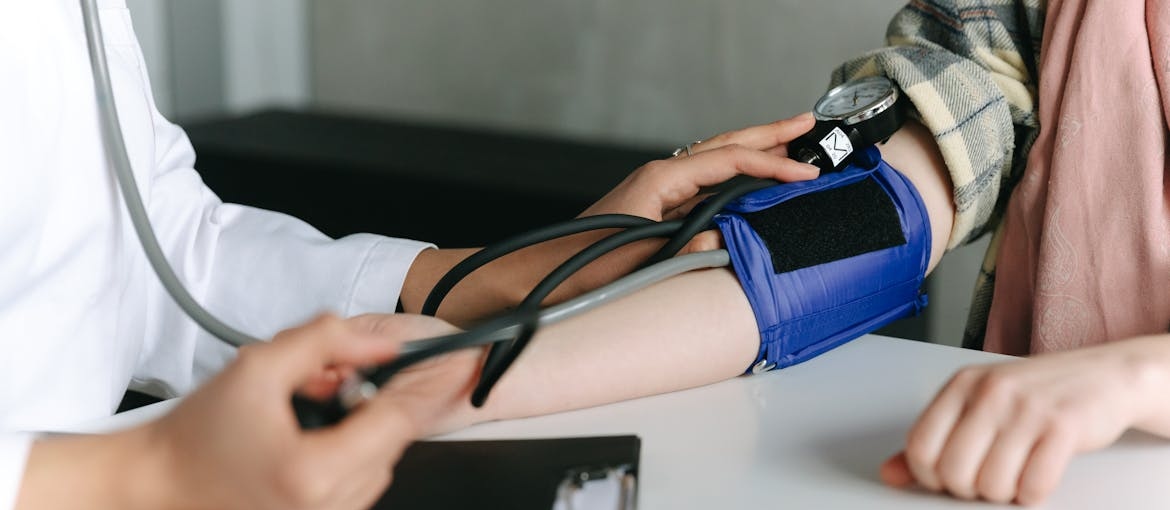Thinking about alcohol detox at home might feel like a safe first step. It’s private, familiar, and may seem easier than going somewhere for help. But withdrawal isn’t just uncomfortable—it can be dangerous. Some symptoms hit hard without warning. Others can lead to life-threatening complications. You may think you’ll be fine with rest and fluids, but alcohol affects more than just the body. Your mind goes through a lot, too. Detoxing alone means no medical support if something goes wrong. If you’re scared to ask for help, that’s okay. You’re not alone. Many people choose treatment instead because it’s safer and more effective. If you or someone you care about is ready for help, a drug and alcohol rehab in West Virginia can offer care that goes beyond what alcohol detox at home can provide.
What Happens During Alcohol Detox at Home
Detoxing from alcohol at home may feel like the easier route, but it comes with real physical and mental effects. Withdrawal affects your entire system. You might expect only headaches or nausea, but symptoms can get worse without warning. Some people face emotional crashes, confusion, or even dangerous complications. Before you try alcohol detox at home, know what to expect and what your body and mind may go through during withdrawal.

Common Alcohol Withdrawal Symptoms
If you choose to detox from alcohol at home, symptoms can begin within a few hours of your last drink. These may feel small at first—headaches, shakes, sweating—but they often get worse fast. You might also face vomiting, anxiety, or trouble sleeping. Some people experience seizures or intense confusion. The full list is long and changes based on how much and how often you drank.
Mild symptoms don’t always stay mild. If you’re wondering how to detox from alcohol at home, you need to know that withdrawal can take over your body quickly. Most people aren’t ready for how strong it gets. That’s why so many ask, can you detox from alcohol at home safely? Unless you have medical support in place, it’s hard to say yes. Physical symptoms can be unpredictable and hard to manage alone.
Mental Health Effects During Home Detox
At home alcohol detox doesn’t just affect your body. It has a serious impact on how you feel emotionally. You may notice your mood crash. You might feel worthless, angry, hopeless, or scared. These thoughts come and go, but some people feel them constantly through withdrawal. Sleep is often interrupted, which makes everything worse. You could face panic attacks, suicidal thoughts, or emotional outbursts that don’t feel like you.
For some, using dialectical behavior therapy for addiction later in recovery helps manage these emotional swings. But during detox, you’re alone with these feelings—and that can be dangerous. When people ask how to alcohol detox at home, they often think only about physical symptoms. The mental part is just as serious. Alcohol withdrawal at home can leave you feeling unstable. And that’s when people are most likely to relapse or end up needing emergency help.

What Delirium Tremens (DTs) Can Look Like
One of the most dangerous parts of alcohol detox at home is the risk of developing Delirium Tremens. DTs usually start a few days into withdrawal and can come with shaking, high fever, confusion, and vivid hallucinations. People experiencing DTs may seem panicked, disconnected from reality, or completely disoriented. These symptoms are medical emergencies.
Not everyone will face them, but certain risk factors of delirium tremens make it more likely—like a long history of heavy drinking or past detox attempts. If you’re wondering how long does it take to completely detox from alcohol, DTs can hit suddenly before that point. And if you’re detoxing without medical care, there’s no one there to treat it. Detoxing from alcohol at home can turn deadly if DTs appear. You might think you’re doing okay until it hits. That’s the danger of going through it alone.
Why Alcohol Detox at Home Can Be Dangerous
Some people wonder how to detox body after alcohol and think doing it at home is safer or easier. But alcohol detox at home can bring real danger. Your body might react in ways you didn’t expect. Serious medical issues can start without much warning. On top of that, detoxing without support increases the chance of going back to drinking. Here’s why choosing home detox could put your health and safety at risk.

Medical Emergencies Without Warning Signs
People often ask how to safely detox from alcohol at home. The truth is that many emergencies come without warning. Your heart rate can spike, you might faint, or a seizure could happen out of nowhere. There’s no way to predict when or if this will happen. Most home settings don’t have tools or medications to stop a medical crisis. You can’t assume you’ll just rest, sweat it out, and be fine.
Insurance like Humana rehab coverage helps people access detox centers where medical staff catch warning signs early. That’s something you won’t get at home. If you need care in a moment of crisis, waiting too long to call for help can make things worse. That’s why medical alcohol detox at home is rarely recommended unless supervised. Safety needs to come before comfort or convenience.
High Risk of Relapse at Home
If you’ve ever tried alcohol withdrawal treatment at home, you know it’s tough to stay focused. Triggers are everywhere—old routines, stress, alcohol still in the house. And when symptoms get rough, it’s easy to give in. That’s how most relapses start. Many people ask how to flush alcohol out of your system, thinking it’s just a matter of time and willpower. But withdrawal clouds judgment.
That’s one reason rehab for seniors often includes structured detox—because even older adults with strong motivation can slip. At home, there’s no one to block access to alcohol or talk you through a rough patch. You’re managing it all on your own, and that doesn’t work for everyone. Alcohol detox at home might feel doable on day one, but cravings grow fast. A single moment of weakness can undo everything you started.
Unsafe Self-Medicating to Cope With Symptoms
When symptoms get intense, people often try to manage them without help. That usually leads to risky choices like:
- Taking leftover prescription pills
- Using marijuana to ease nausea or anxiety
- Mixing medications without medical advice
- Drinking again to stop the shakes
- Overusing sleep aids to rest

Safer Alternatives to Detoxing From Alcohol at Home
If you’ve tried alcohol detox at home or thought about it, you know how hard it can be. Withdrawal isn’t just uncomfortable—it can be dangerous and unpredictable. You don’t need to do this alone. There are safer ways to get through it with real support. Medical programs, inpatient care, and outpatient help can keep you safe. Let’s look at options that are better than detoxing from alcohol at home without help.
Medical Detox Programs Explained
If you’re asking how to detox from alcohol at home, you’ve probably looked for safe ways to do it. A better option might be a professional detox program. Medical teams guide you through withdrawal, track your symptoms, and give you medications when needed. That’s something you don’t get in a home setting. These programs also help people plan for recovery afterward, which makes it easier to stay sober long-term.
Some treatment centers, like an alcohol rehab center Charleston WV residents trust, offer full detox care in a quiet, private setting. This helps you get through the worst of it without fear. You don’t have to fight withdrawal symptoms in silence or hope you’ll be okay. If you’re asking how to alcohol detox at home but still want safety, a medical program may be what you need.
Benefits of Inpatient Alcohol Treatment
Inpatient care gives you a break from daily stress. You stay in a safe, structured place where help is always nearby. That makes a big difference during detox. When symptoms get hard to handle, you don’t have to guess what to do. Medical staff is there to step in. Programs that include residential treatment facilities in WV can give you round-the-clock support, therapy, and guidance.
You’ll also meet people going through the same thing, which can help you feel less alone. Many people try alcohol detox at home but return to drinking because they feel overwhelmed. Inpatient care gives your body time to rest while your mind starts to heal. It also teaches tools for staying sober after detox. If you’re not sure what kind of help you need, this kind of care might be your best first step.

Outpatient Detox as a Middle Ground
If staying in a facility doesn’t work for you, outpatient detox could be the next best option. It gives you medical care and check-ins without staying overnight. You’ll visit a clinic or center during the day, then go home after treatment. It works best for people with mild withdrawal symptoms and strong support at home.
Many clinics that offer benzo addiction treatment also handle alcohol detox this way. It’s not as hands-on as inpatient care, but it’s much safer than trying to detox alone. You still get medications if needed, and someone tracks your progress. This can be a good fit for people who wonder how to alcohol detox at home safely but also want real medical oversight. If you need flexibility without skipping support, outpatient programs offer a safer way to get started.
What You Might Expect Physically and Emotionally
If you’re planning alcohol detox at home, it helps to know what each day might look like. Symptoms usually begin within hours of your last drink. They can change quickly and hit harder than expected. Some signs are physical, others are mental. Sleep gets worse. Emotions run high. This timeline helps explain what you might go through during alcohol withdrawal at home and what can happen if you’re detoxing without proper support or treatment.
Day 1: Early Withdrawal Begins
The first day often starts with small signs that something is off. These symptoms may feel like a bad hangover but can grow quickly. If you’ve been drinking heavily, your body starts reacting fast once alcohol leaves your system. This is when many start wondering can you detox from alcohol at home without it getting worse. Be prepared for what may show up in just a few short hours:
- Headache
- Shaky hands
- Anxiety
- Restlessness
- Fast heartbeat
- Nausea
- Sweating
Days 2–3: Symptoms Intensify
This is when detox symptoms usually peak. Many people reach this stage and think about giving up. It’s hard to push through without help. Physical and mental symptoms both increase, making things harder to handle. If you searched how to safely detox from alcohol at home, this stage is where most people struggle the most:
- Hallucinations
- High blood pressure
- Fever
- Vomiting
- Panic attacks
- Severe cravings
- Trouble sleeping

Day 4 and Beyond: Recovery or Regression
Many assume they’ll feel better by day four, but symptoms often linger. You may feel exhausted, foggy, or emotionally flat. Some turn back to alcohol thinking it will help—but this just resets the cycle. These symptoms show why it’s hard to fully recover through alcohol detox at home:
- Depression
- Cravings
- Confusion
- Fatigue
- Loss of appetite
- Nightmares
- Irritability
Think Twice Before Detoxing From Alcohol at Home
Trying alcohol detox at home might seem easier at first, but it can come with real risks. Your body and mind go through a lot during withdrawal, and it’s hard to manage that without medical support. Some symptoms get worse fast, and there’s no way to predict how your body will react. You don’t have to go through that alone. Getting help doesn’t mean you’re weak—it means you’re serious about getting better. Safe detox programs offer care, support, and real tools to help you stay on track. If you’re feeling unsure about what to do next, that’s okay. You don’t need all the answers right now. What matters is doing what’s safest. Choosing help instead of alcohol detox at home could save your life. And you’re worth that step.



